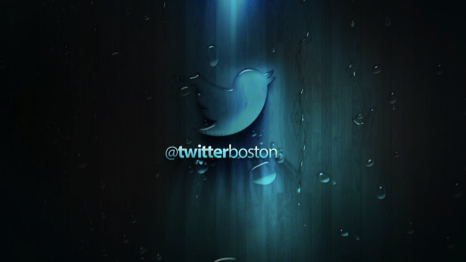With Facebook’s headquarters in Menlo Park, Calif., Google’s in nearby Mountain View, Apple’s inland in Cupertino, and Twitter’s up the coast in San Francisco, nobody would argue that Silicon Valley is home to the world’s most famous technology companies. But what’s also undeniable is that those companies are recognizing how much talent there is across the country, especially here with MIT, Harvard, Wentworth, and Northeastern, to name a few colleges with strong technology agendas, and that it makes sense for them to set up shop on both coasts.
So what exactly are their Boston or Cambridge offices doing, besides recruiting? Plenty.
Facebook was famously born in Cambridge, specifically in Mark Zuckerberg’s Harvard dorm room (now a minor tourist destination). Of course, the company moved to Silicon and never turned back, though Zuckerberg did say a few years ago that if he could do it again, he would have kept the company in Boston. These days, Ryan Mack, whose background is in video game development, is the face of Facebook in Boston. The company officially opened its office in November 2013, and while it would not disclose the number of employees in Boston, it is actively recruiting and “rapidly growing its team,” as Mack said.
Facebook in Boston is focused on infrastructure engineering, another way of saying the things that happen under the Faceboook hood. The focus here is on “building the system and services that allow our application teams to build products faster,” according to Mack. One interesting nugget for Facebook’s Boston office is Ed Smith’s presence. He’s the tech lead for Hip Hop Virtual Machine, or HHVM, which runs Facebook’s recently launched programming language, Hack.
Twitter Boston just opened a shiny new office in Cambridge, and the company has been active in acquiring local companies. Since the beginning of 2013, Bluefin Labs, Spindle Labs, and Crashlytics have all become part of Twitter. Jeremy Rishel runs Twitter’s Boston office, and he’s mainly focused on the TV and video teams. With a huge focus on television-related content, which was Bluefin Labs’ expertise before the acquisition, Twitter Boston works with advertisers and content partners like the NFL and the NBA to optimize how video content is consumed and shared on Twitter, according to Rishel. Despite Rishel’s presence, Wayne Chang, the mercurial cofounder of Crashlytics, which Twitter acquired for something in the neighborhood of $100 million, has become the unofficial face (and sometimes online mouthpiece) of the company in Boston. Chang’s title at the company is “global head of developer experience at Twitter.” Which makes sense. After all, Crashlytics, a crash-reporting software, was used by Twitter before the company bought it.
Google has hundreds of engineers and marketing folks in Cambridge, working on projects from YouTube and the Chrome browser to its search engine and the company’s mobile Android software. While Steve Vinter, the engineering director, serves as Google Boston’s site director, there is another Googler in town even more famous. Rich Miner, a general partner at the company’s investment arm, Google Ventures, is one of the most active venture capitalists in Boston’s startup scene and is also, from what local founders have said, a great mentor to early-stage companies. Miner is best know for his role in developing Android, the platform that competes with Apple’s mobile iOS software to be the dominant software for mobile devices.
Amazon and Apple
They are both here, in Boston and Cambridge, but they are also both notoriously secretive. The companies are keeping quiet about what they have going on. Apple is said to be working with partners on some projects, and Amazon, as the Globe has reported, is working on something “bigger than Kindle” at its Cambridge office. That would indeed be big.
Dennis Keohane is a Senior Staff Writer for BetaBoston. You can drop him tips, pitch an idea, or just reach out to chat with him at Dennis.Keohane@globe.com.







